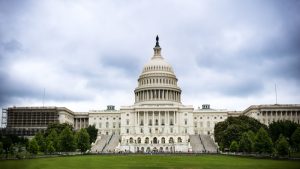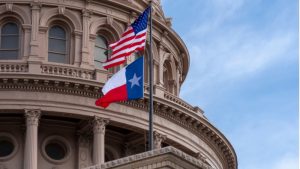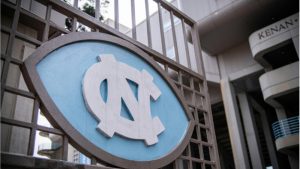The Department of Justice (DoJ) announced that it will allow state, local, territorial, and tribal task force officers to use body-worn cameras on Federal task forces nationwide.
The National Association of State Chief Information Officers (NASCIO) has announced the association’s executive leadership for the new program year.
A group of Democratic House members led by Rep. Ro Khanna, D-Calif., this week introduced the 21st Century Jobs Act which would give the Federal government a major role in research and development support for a host of emerging technologies.
The State of Texas announced a new digital alliance with Microsoft to address the need for digital and technical skills in the workforce. In an Oct. 22 press release, Texas and Microsoft said the alliance is “intended to create new economic opportunity, close equity, and digital skills gaps, and prepare a workforce for the 21st century.”
The Federal Communications Commission on Oct. 27 voted to approve action to “reduce regulatory barriers to 5G deployment by further streamlining the state and local government review process for modifications to existing wireless infrastructure that involve excavation and deployment beyond existing site boundaries.”
In support of the Department of Defense’s broader mission, the Department of Defense Education Activity (DoDEA) is tasked with providing PK-12 instruction to roughly 68,500 dependents of military and civilian employees.
The University of North Carolina at Chapel Hill (UNC) is using AI to ensure that students and visitors keep their distance and keep their masks on at football games.
Beaufort County Community College (BCCC) in North Carolina will use $329,983 in funding to develop more options for distance learning. The grants, which came from the United States Department of Agriculture (USDA) Rural Development Office, will allow BCCC to expand distance learning in a myriad of ways, including retrofitting additional classrooms with broadcast equipment and working with high schools in rural areas to develop ways to increase college transfer and dual-enrollment options to high school students.
The Cybersecurity and Infrastructure Security Agency (CISA) and FBI issued a joint cybersecurity advisory on Oct. 22 to warn operators of state, local, territorial, and tribal (SLTT) government networks that they may be targeted by Russian state-sponsored advanced persistent threat (APT) actors.
A bipartisan Senate bill introduced Oct. 21 would make clear the authority of state governments to deploy their National Guard resources to help state and local governments improve their cybersecurity infrastructure and services.













